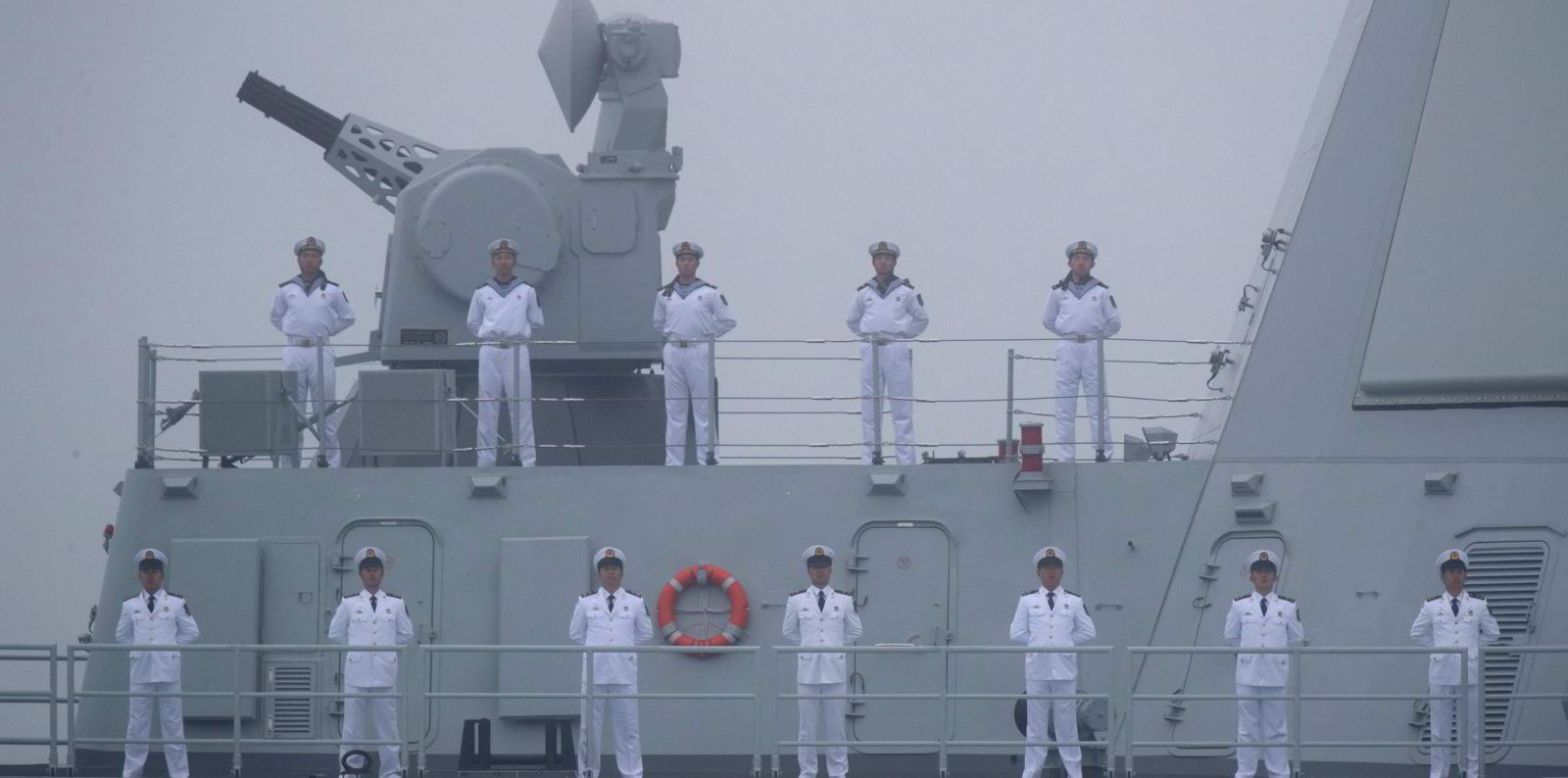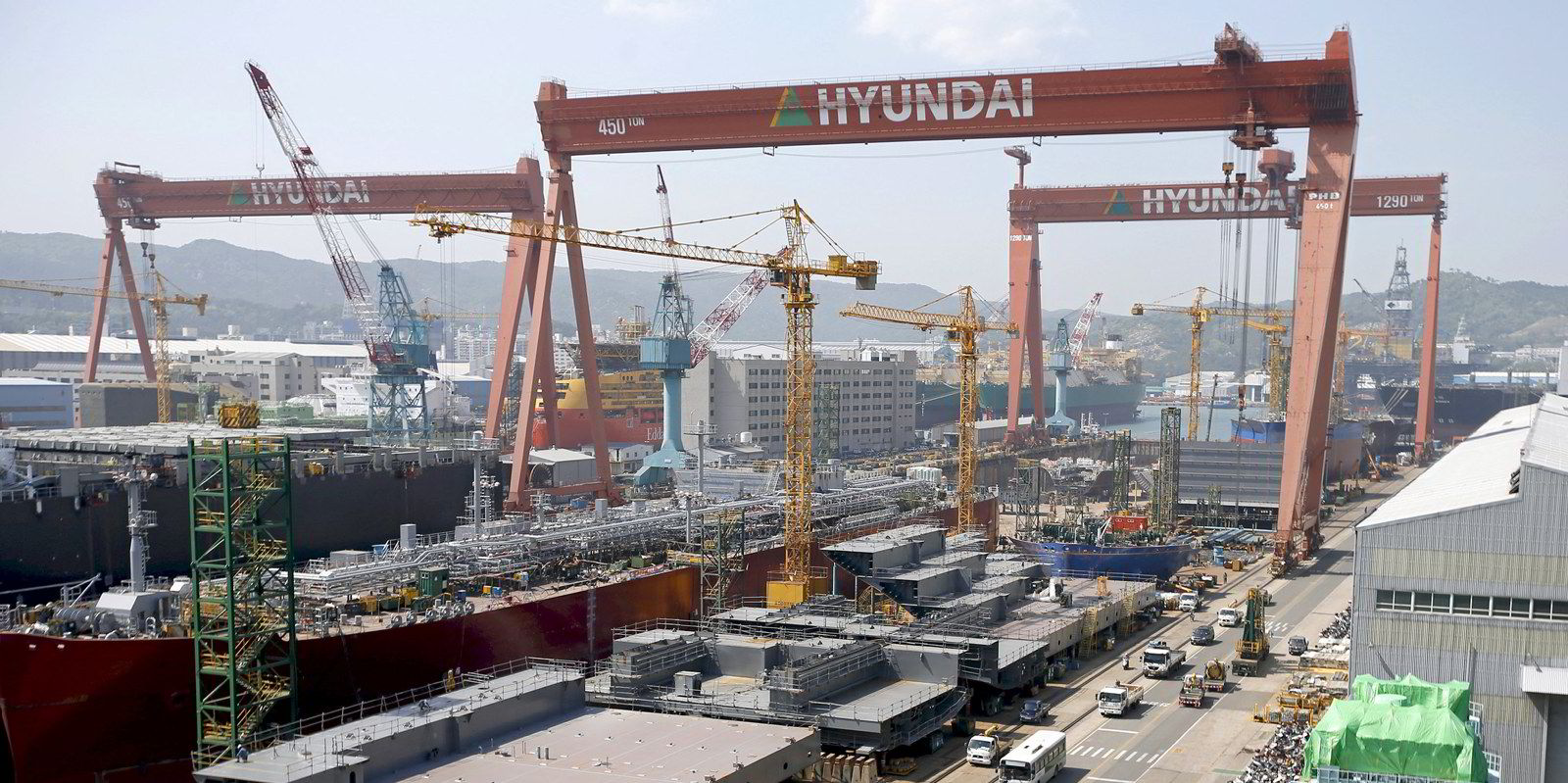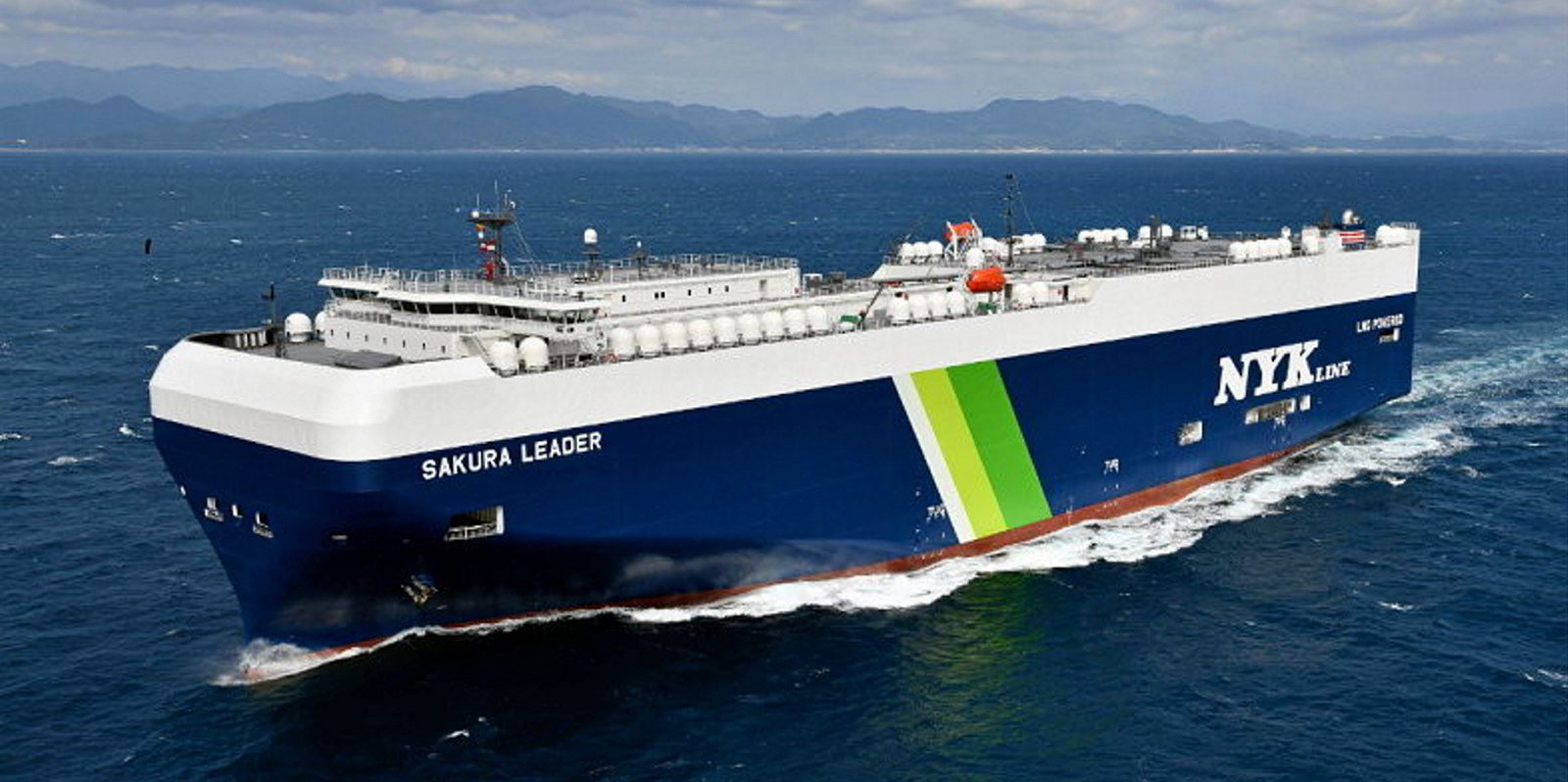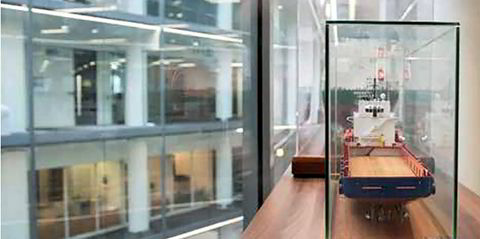The Chinese military could help tankers experience a "golden age" in the coming years.
In its monthly report, Alphatanker said the languishing tanker market could be in for a substantial upturn driven by a lack of shipyard capacity preventing owners from getting newbuilding deliveries in 2023 and 2024.
The lack of berths has mostly been driven by boxship owners securing new tonnage, but the AXS Marine research arm said Beijing was also pushing for military newbuildings at state-controlled yards.
"Although the Chinese administration treats such construction as a state secret, we believe that this is an especially important issue during 2022 and 2023 when we believe that only 5% and 10%, respectively, of yard capacity remains available," the monthly note said, citing "anecdotal information".
Meanwhile, yards in South Korea are preoccupied with LNG carrier construction thanks to Qatar's rush to build new ships commensurate with new gas production.
Japanese yards — which have more availability than South Korea or China — appear to specialise in building aframaxes, MR2s, VLCCs and chemical tankers and might charge more for other types of ships, Alphatanker said.
Analysts and shipowners have for months made the bull case for tankers, arguing that a record low orderbook would allow the existing fleet to enjoy the higher rates brought on by rising oil demand driven by the end of the Covid-19 pandemic.
On Tuesday, the Baltic Exchange assessed VLCC and suezmax spot earnings below zero and aframax rates at just $33 per day. The Baltic Dirty Tanker Index slipped below 600 points on 1 June, and it has stayed there since.
Alphatanker said it expects global tanker demand to return to its pre-pandemic levels in the second half of 2022, leading to a "golden period" from 2023 until mid-2024.
"Thereafter, much depends on whether tanker owners remain disciplined in their ordering and whether orders for container liners and bulkers remain strong over the coming months which would fill up yards lots from mid-2024 onwards," the analysis firm said.
"If tanker ordering was to remain low by whatever means, then a brief ‘golden period’ could indeed be prolonged into a ‘golden age.'"






